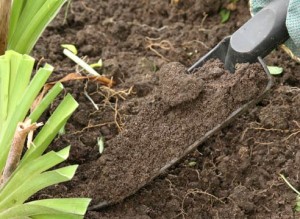 Mineral fertilizers. How many disputes around them! The spectrum of opinions is wide - from permanent use to complete rejection.
Mineral fertilizers. How many disputes around them! The spectrum of opinions is wide - from permanent use to complete rejection.
Where do unnecessary elements come from
According to the experience, I know that in the country villages located near the big cities, with the Organic there are tight. Therefore, mineral fertilizers come to the rescue - most often complex with trace elements. And especially diligent gardeners apply them even when feeding like a garden fertilizer. Of course, everyone knows the benefits of trace elements. But far from everyone knows that only their small amounts in the soil positively affects the crop. It is worth moving the face, and they become poison for all living things.
I'm not talking about that for us from such plants one harm. In addition, copper, manganese, zinc get into the soil and without our immediate participation. By the way, copper and zinc refer to heavy metals of the second group, after lead and mercury. They poison not only the plants, but also ourselves.
How do these elements fall into the ground?
• Copper is part of the copper vapor and burgundy fluid that we use so often and not always in moderation.
• The manganese is contained in a mortgage solution, which we generously water the soil not only for seedlings, but also in greenhouses and in beds. But such watering is destroyed by the positive microflora of the earth and humus - the basis of fertility!
• Zinc gets into the soil in large quantities, if water for watering is stored in galvanized tanks and feeding are prepared in the same buckets. By the way, the rainwater collected from galvanized roofs is unsuitable for watering.
How to be? The output is simple.
Microelements with mineral mixtures need to be made during the development of the turf, and it can be repeated only in a few years.
Moreover, in the future, with regular use, the organic ashs do not need to re-enter trace elements at all.
Acid control
It is known that on the launched Earth, the bottle of liquid fertilizer works wonders. But then how many is no. Yield falls, and vegetables are "chemical".
Excessive contribution to the soil of mineral fertilizers does it and plants irreparable harm. For example, after making the potassium chloride, calcium compounds are washed out with thawed waters. Large doses of ammonia salts cause dissolution and subsequent washing into humus. Also poorly affects sodium soil. This is an anticoagulant for clay, it makes them glue.
Often, in the fight against pests and diseases of plants is carried out with a solution of table salt. After such irregularities, the soil swims and loses the structure. It is already impossible to break it, but in the sun it cracks. In nature, these are so-called salt marshes - dead soils.
Well, almost all mineral fertilizers make acids with sour. To preserve the normal pH level, you need to make approximately the same amount of lime. Most of all make the soil with acid ammonium fertilizers: potassium chloride, urea, ammophos and mixtures based on them.
We conclude: Use mineral fertilizers - control the acidity of the soil for each culture.
Three Rules of Healthy Soil
Organic fertilizers can help normalize soil acidity: manure, compost, bird litter. This is the best option. But lime, dolomite, limestone, phosphoric flour, calcite, chalk are also suitable. Make lime materials are better from autumn, but it is possible and a month before landing. Quality liming is an annual operation, it can be alternate with the introduction of organic. You should not expect a quick result with the lime of peatlands - it will appear on the 2-3rd year. Optimal soil acidity for most plants 5.5-6.0. Calcium improves the soil structure (clay coagulates, collapsing in lumps and no longer sticks out). And plants access to many nutrition elements. As a result, the yield significantly increases even without additional fertilizer.
So, so that the soil is healthy, we observe three simple rules:
Mineral fertilizers and trace elements are in moderation.
Do not burn in the garden plot of polyvinyl chloride: it highlights dioxin - the strongest poison.
HE Using soap solutions based on synthetic detergents - in the soil they are saved with decades, and the earth suffocates.
Well, the last. As far as possible, use natural agents to protect plants. I use herbs, garlic, pepper on his site. Let your land be healthy and generous on the harvest!
On a note:
Compost fertilizer.
For which they need compost heaps, everyone knows - they allow you to make a beautiful fertilizer with a minimum. But learn some secrets how to make these "organic factories" more efficient, many dacifics will not hurt.

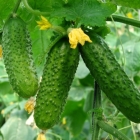
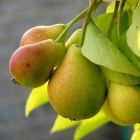
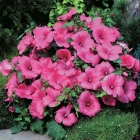
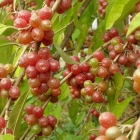
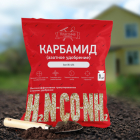
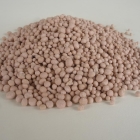
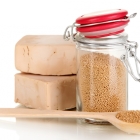
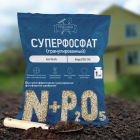
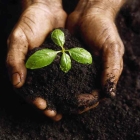
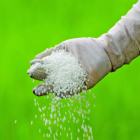
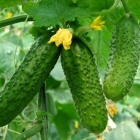
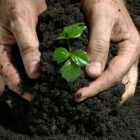
 Start a discussion ...
Start a discussion ...